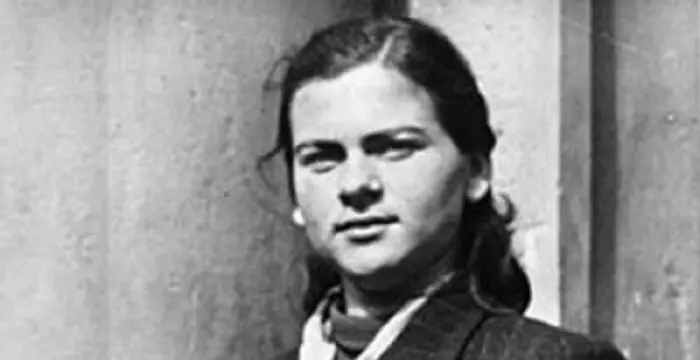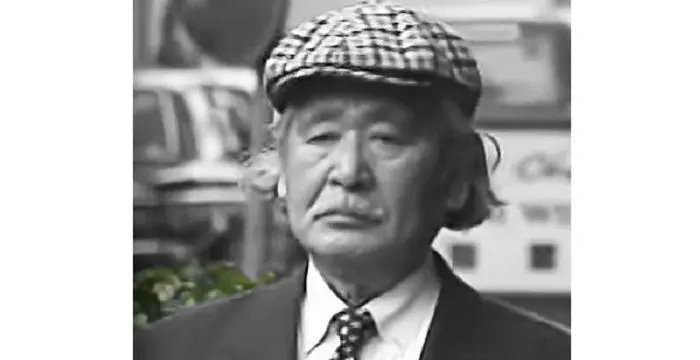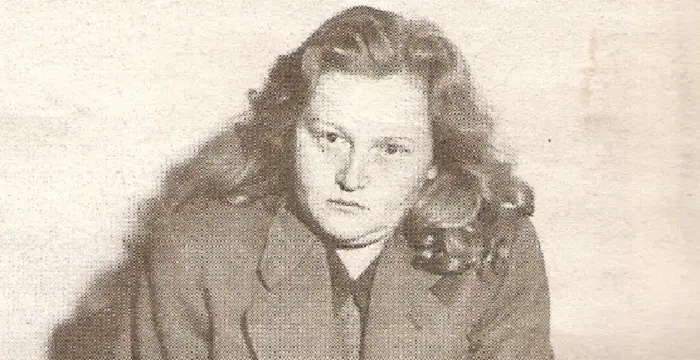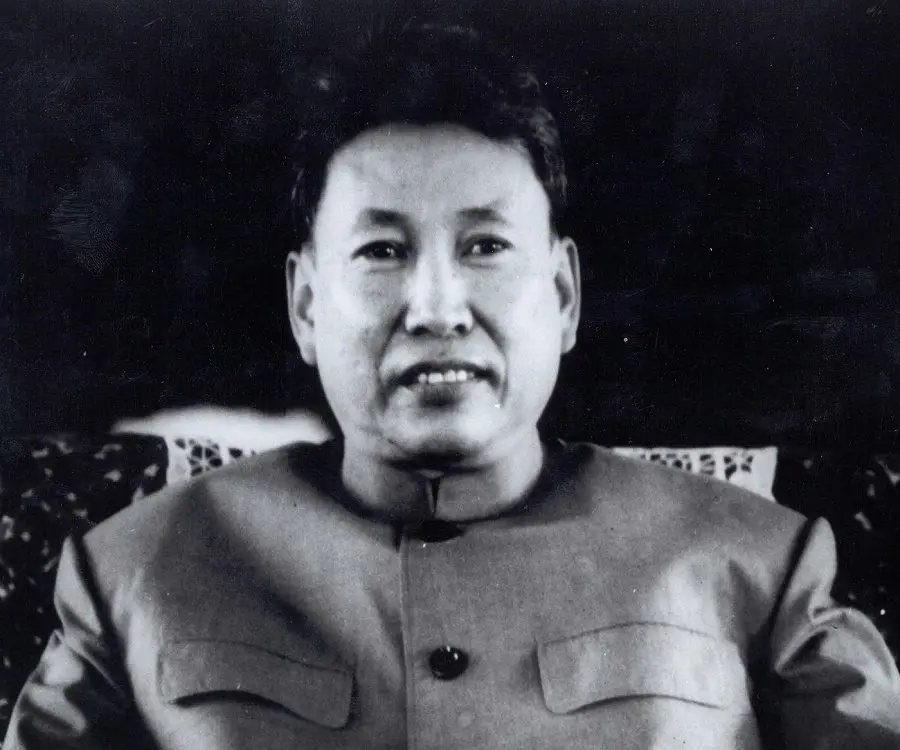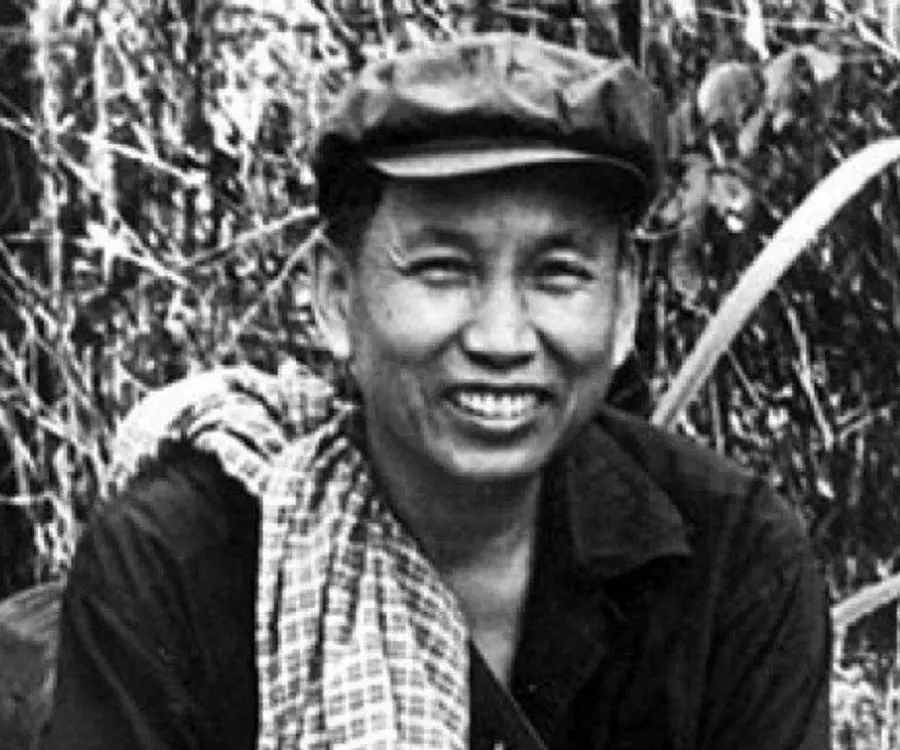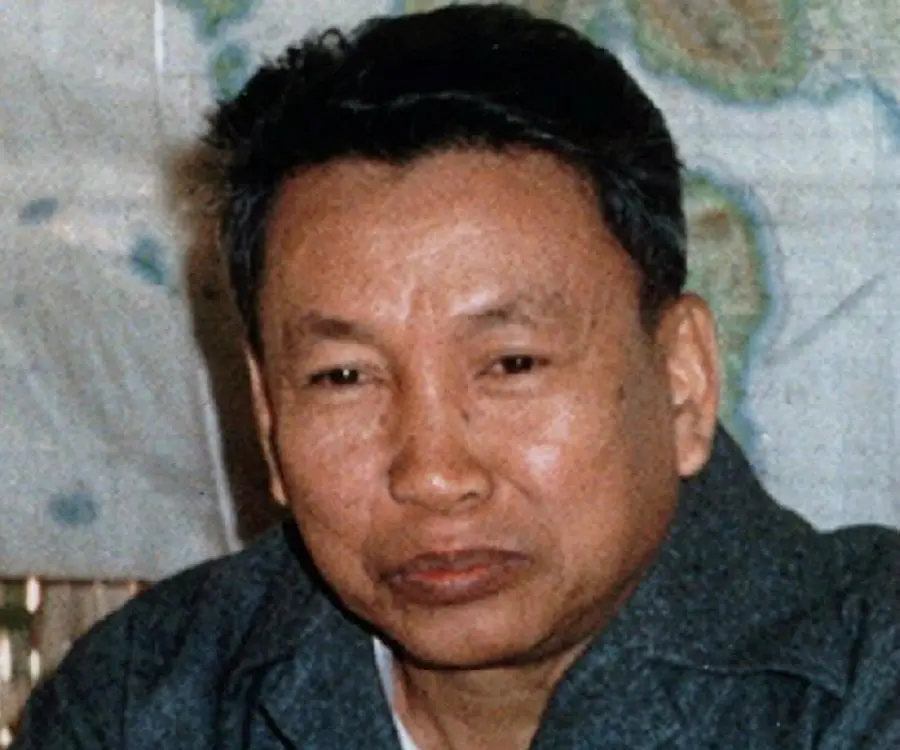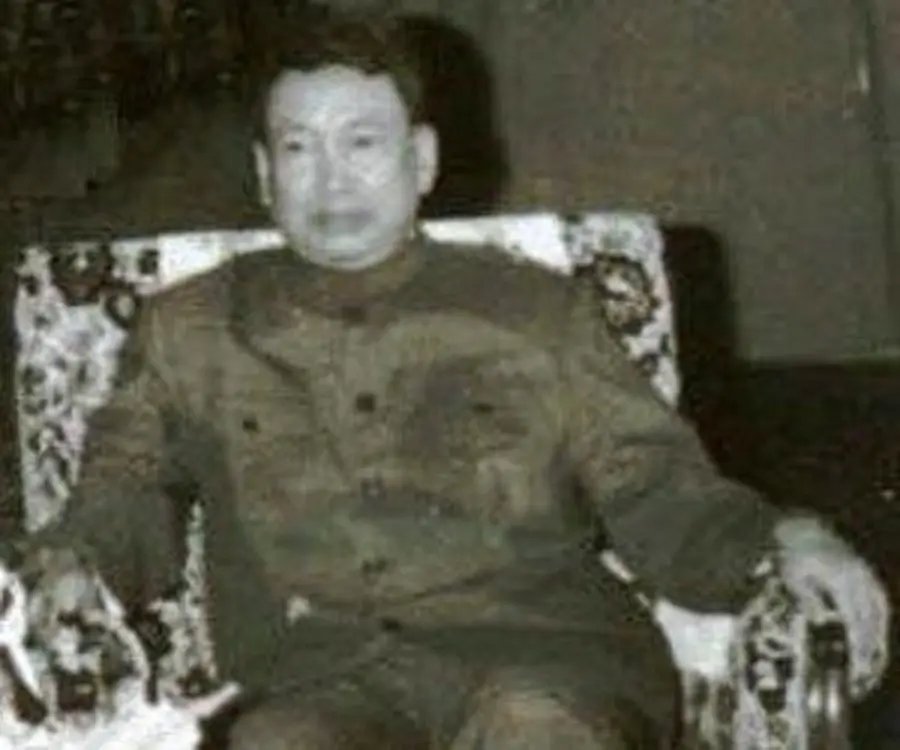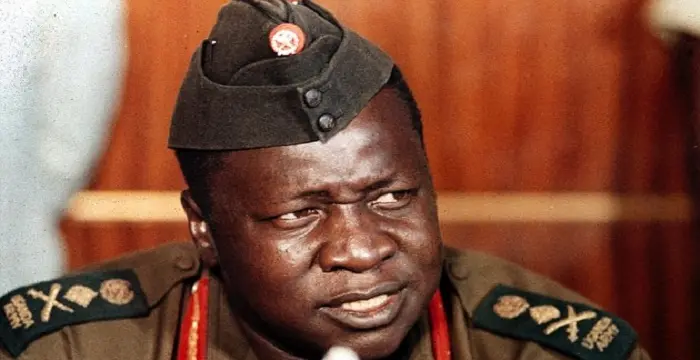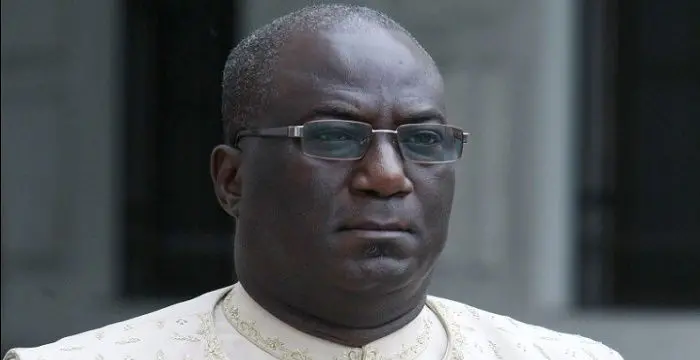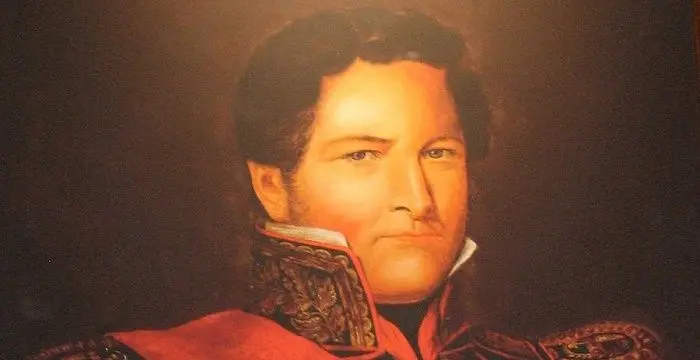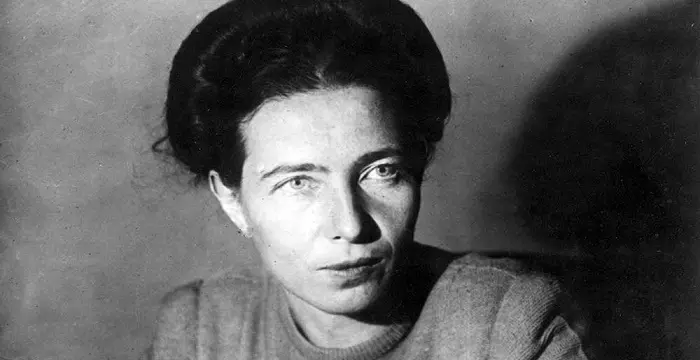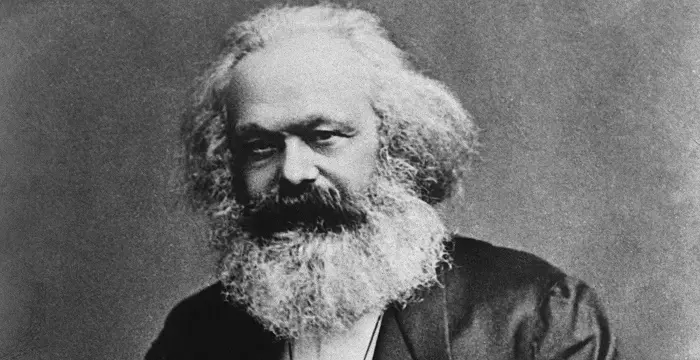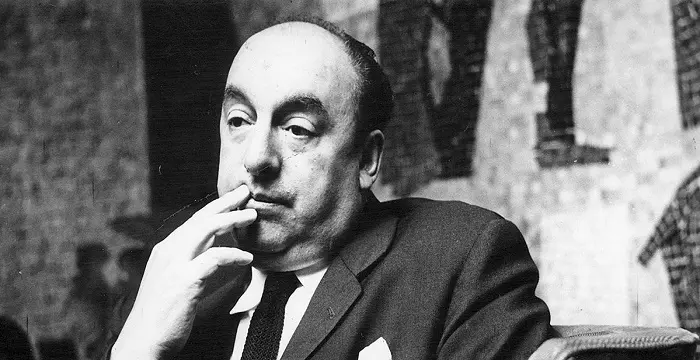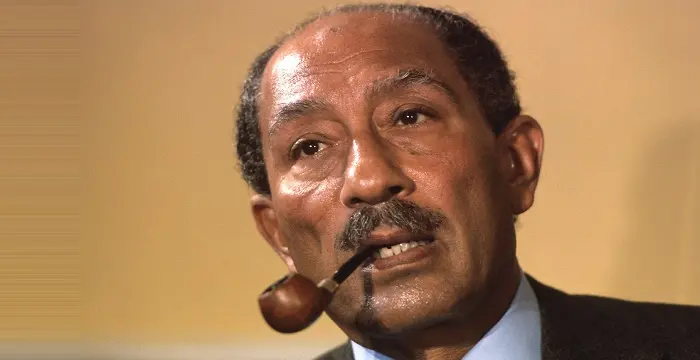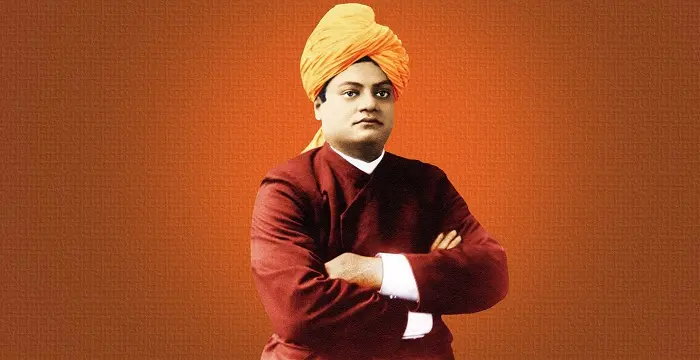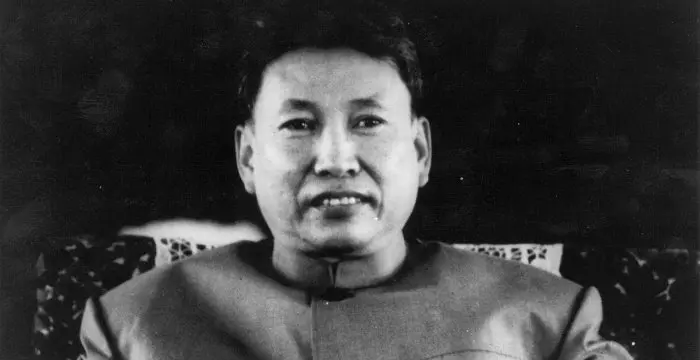
Pol Pot - Communists, Facts and Childhood
Pol Pot's Personal Details
Pol Pot was the Cambodian revolutionary who led the Khmer Rouge
| Information | Detail |
|---|---|
| Birthday | May 19, 1925 |
| Died on | April 15, 1998 |
| Nationality | Cambodian |
| Famous | Communists, Criminals, War Criminals, Leaders, Revolutionaries, Dictators |
| Ideologies | Communists |
| Spouses | Khieu Ponnary (m. 1956–1979), Mea Son (m. 1985–1998) |
| Siblings | Loth Suong, Roeung, Saloth Chhay, Saloth Nhep, Saloth Suong |
| Childrens | Saloth Sitha |
| Universities |
|
| Birth Place | Kampong Thom Province, French Indochina |
| Political Ideology | Communist Party of Kampuchea |
| Religion | Atheist |
| Gender | Male |
| Father | Pen Saloth |
| Mother | Sok Nem |
| Sun Sign | Taurus |
| Born in | Kampong Thom Province, French Indochina |
| Famous as | Dictator, War Criminal |
| Died at Age | 72 |
// Famous War Criminals
Irma Grese
Irma Grese was a notorious German Nazi concentration camp guard during the Second World War. This biography profiles her childhood, life, horrifying acts, death and other facts.
Mutsuhiro Watanabe
Mutsuhiro Watanabe was an Imperial Japanese Army corporal in the Second World War. Check out this biography to know about his childhood, family life, achievements and other facts about him.
Ilse Koch
Ilse Koch was the wife of Karl-Otto Koch, the chief of the Nazi concentration camps in Buchenwald and Majdanek. This biography profiles her childhood, life, crimes, and timeline.
Pol Pot's photo
Who is Pol Pot?
Pol Pot, the Cambodian revolutionary leader of the Khmer Rouge served as the General Secretary of the Communist Party of Kampuchea. His regime is regarded as one of the bloodiest in the annals of the twentieth century. The sheer scale of the horror that he unleashed can never be justified. It was also senseless with regard to its aim and method. If all he wanted was the establishment of an agrarian utopia, he could have taken a less brutal route. But, his regime presided over a genocide that systematically wiped out a quarter of the population. His policies were beyond comprehension. He targeted the cream of the society—educated men and women who in any other country would have been considered as assets. He used the poor, uneducated and easily impressionable people to execute his commands, first winning them over with claims that he was fighting American imperialism and then keeping them on his side with tall promises. The fear, anger, torture, poverty, hunger and the feeling of helplessness left a horrible scar on a generation of Cambodians. People who survived the regime are are still trying to come to terms with their past, a chilling reminder of a man’s madness.
// Famous Dictators
Idi Amin
A Ugandan dictator, Idi Amin is remembered for his brutal regime and crime against humanity. Check this biography to know in details about his life, childhood, profile and timeline.
Siaka Stevens
Siaka Stevens was the third Prime Minister of Sierra Leone who later became the first President of the country. This biography of Siaka Stevens provides detailed information about his childhood, life, achievements, works & timeline.
Juan Manuel de Rosas
Juan Manuel José Domingo Ortiz de Rosas was an Argentinean dictator. Check out this biography to know about his childhood, life, achievements, works & timeline.
Childhood & Early Life
Pol Pot was born on May 19, 1925, to Pen Saloth, a moderately wealthy rice farmer and Sok Nem, in Prek Sbauv, Kampong Thom Province. Named Saloth Sar at birth, he was eighth of nine children.
In 1935, he left his village to attend Ecole Miche, a Catholic school in Phnom Penh and stayed with his cousin, Meak. Not very bright as a student, he switched to technical study.
In 1949, Pol Pot got a scholarship to study radio electronics in Paris. There, he joined the ‘Cercle Marxiste’, consisting of the Khmer students in Paris, and the French Communist Party.
He failed thrice in his exams and headed back to Cambodia in 1953. He advised the Cercle members who returned home, to join the Communist revolutionary organization, ‘Khmer Viet Minh’.
Later Years
In August 1953, he secretly left home for Krabao where the Viet Minh’s Eastern Zone Headquarters was situated. Here, he was appalled to find that Cambodians were considered inferior to Vietnamese.
With the Cambodian independence following the 1954 Geneva Accord, the Khmer Viet Minh were forced to break up and he returned to Phnom Penh. He joined the Democratic Party and hoped to influence its policies.
He and his friends decided that a revolution was required when Khmer Norodom Sihanouk of Cambodia, who had abdicated the power, rigged the 1955 elections that were held as part of the Accord.
Following Cambodia’s independence, he became a member of the Kampuchean People's Revolutionary Party, KPRP. After a power struggle within the KPRP in the early 1960s, he took control of the party.
The KPRP, renamed as the Communist Party of Kampuchea (CPK) in 1966, was more commonly known as the Khmer Rouge. Khmer King Norodom Sihanouk had embarked on repressing his dissidents and so the Pol Pot took refuge in the jungles.
In 1964, with the help of North Vietnam, he established a base in the border region and called for an armed struggle against Cambodian monarchy e.
By 1968, he had become the sole authority, and even though the Khmer Rouge did not have popular support, he decided to instigate a revolt against the Cambodian Government.
In 1970, Sihanouk was overthrown in a military coup by General Lon Nol, and America, fighting the Vietcong, started to bombard Cambodia. Now, Khmer Rouge was fighting American imperialism and gained widespread popular support.
In 1975, the bitter civil war ended with the overthrow of General Lon Nol and the Khmer Rouge seized power. Their leader began calling himself, ‘brother number one’, being secretive about his real name.
The regime banned religion, and scattered the minority groups. Buddhist monks, Christians, Muslims and other educated people were arrested and imprisoned.
In 1976, Pol Pot evacuated Phnom Penh and transferred the people to the rural areas. A U.N. investigation reported 2–3 million died of starvation or executions, but he attributed them to the Vietnamese invasion.
He was suspicious of Vietnam and carried out incursions into their territory. Fed up of the belligerence, the Vietnamese forces invaded Cambodia in 1978. They took control and ended the Khmer Rouge’s rule.
The Khmer Rouge and their leader retreated to the remote area of Cambodia along the Thai border barely surviving and powerless, until he resigned as the head of the Khmer Rouge in 1985.
In 1997, he had his old associate Son Sen murdered, spreading fear among other Khmer Rouge members. He was tried for the murder and sentenced to house arrest for life.
Major Works
After capturing Phnom Penh in 1975, Pol Pot began to implement the Year Zero concept which ordained drastic de-industrialization and initiated a new revolutionary culture within the society.
Personal Life & Legacy
Pol Pot married twice—Khieu Ponnary, his first wife became mentally ill by the time he came to power. In 1986, he married Mea Son who gave birth to a daughter.
Just before the Khmer Rouge was about to turn him over to an international tribunal, he died on April 15, 1998. Though he was suffering from facial cancer and a paralytic stroke, there were suspicions of suicide and murder.
‘The Killing Fields’, a film about the Khmer Rouge based on the true experiences of two journalists, directed by Roland Joffe, is one of the best portrayals of the regime’s cruelty.
Trivia
This leader justified his actions with these words-‘I did not join the resistance movement to kill people, to kill the nation. Look at me now. Am I a savage person? My conscience is clear’.
// Famous Communists
Simone de Beauvoir
Simone de Beauvoir was an eminent French writer, intellectual, activist, and philosopher. This biography profiles her childhood, life, thoughts, achievements and timeline.
Karl Marx
Karl Marx was a Prussian-German philosopher, revolutionary, historian and socialist whose communist ideologies and works laid the foundation for ‘Marxism’. Explore this biography to learn more about his childhood, life achievements, works & timeline.
Pablo Neruda
Pablo Neruda was a Chilean poet, politician and Nobel laureate. Go through this biography to learn more about his profile, childhood, life and timeline.
Pol Pot biography timelines
- // 19th May 1925Pol Pot was born on May 19, 1925, to Pen Saloth, a moderately wealthy rice farmer and Sok Nem, in Prek Sbauv, Kampong Thom Province. Named Saloth Sar at birth, he was eighth of nine children.
- // 1935In 1935, he left his village to attend Ecole Miche, a Catholic school in Phnom Penh and stayed with his cousin, Meak. Not very bright as a student, he switched to technical study.
- // 1949In 1949, Pol Pot got a scholarship to study radio electronics in Paris. There, he joined the ‘Cercle Marxiste’, consisting of the Khmer students in Paris, and the French Communist Party.
- // 1953He failed thrice in his exams and headed back to Cambodia in 1953. He advised the Cercle members who returned home, to join the Communist revolutionary organization, ‘Khmer Viet Minh’.
- // Aug 1953In August 1953, he secretly left home for Krabao where the Viet Minh’s Eastern Zone Headquarters was situated. Here, he was appalled to find that Cambodians were considered inferior to Vietnamese.
- // 1954With the Cambodian independence following the 1954 Geneva Accord, the Khmer Viet Minh were forced to break up and he returned to Phnom Penh. He joined the Democratic Party and hoped to influence its policies.
- // 1955He and his friends decided that a revolution was required when Khmer Norodom Sihanouk of Cambodia, who had abdicated the power, rigged the 1955 elections that were held as part of the Accord.
- // 1964In 1964, with the help of North Vietnam, he established a base in the border region and called for an armed struggle against Cambodian monarchy e.
- // 1966The KPRP, renamed as the Communist Party of Kampuchea (CPK) in 1966, was more commonly known as the Khmer Rouge. Khmer King Norodom Sihanouk had embarked on repressing his dissidents and so the Pol Pot took refuge in the jungles.
- // 1968By 1968, he had become the sole authority, and even though the Khmer Rouge did not have popular support, he decided to instigate a revolt against the Cambodian Government.
- // 1970In 1970, Sihanouk was overthrown in a military coup by General Lon Nol, and America, fighting the Vietcong, started to bombard Cambodia. Now, Khmer Rouge was fighting American imperialism and gained widespread popular support.
- // 1975In 1975, the bitter civil war ended with the overthrow of General Lon Nol and the Khmer Rouge seized power. Their leader began calling himself, ‘brother number one’, being secretive about his real name.
- // 1975After capturing Phnom Penh in 1975, Pol Pot began to implement the Year Zero concept which ordained drastic de-industrialization and initiated a new revolutionary culture within the society.
- // 1976In 1976, Pol Pot evacuated Phnom Penh and transferred the people to the rural areas. A U.N. investigation reported 2–3 million died of starvation or executions, but he attributed them to the Vietnamese invasion.
- // 1978He was suspicious of Vietnam and carried out incursions into their territory. Fed up of the belligerence, the Vietnamese forces invaded Cambodia in 1978. They took control and ended the Khmer Rouge’s rule.
- // 1985The Khmer Rouge and their leader retreated to the remote area of Cambodia along the Thai border barely surviving and powerless, until he resigned as the head of the Khmer Rouge in 1985.
- // 1986Pol Pot married twice—Khieu Ponnary, his first wife became mentally ill by the time he came to power. In 1986, he married Mea Son who gave birth to a daughter.
- // 1997In 1997, he had his old associate Son Sen murdered, spreading fear among other Khmer Rouge members. He was tried for the murder and sentenced to house arrest for life.
- // 15th Apr 1998Just before the Khmer Rouge was about to turn him over to an international tribunal, he died on April 15, 1998. Though he was suffering from facial cancer and a paralytic stroke, there were suspicions of suicide and murder.
// Famous Leaders
Edi Rama
Edi Rama is the current Prime Minister of Albania. Check out this biography to know about his childhood, life, achievements, works & timeline.
Tecumseh
Tecumseh was a Native American leader of the Shawnee clan. This biography profiles his childhood, life and timeline.
Khalifa bin Zayed Al Nahyan
Sheikh Khalifa bin Zayed Al Nahyan is the current President of the United Arab Emirates (UAE). Check out this biography to know about his birthday, childhood, family life, achievements and fun facts about him.
Anwar Sadat
Anwar Sadat was the third President of Egypt and has been awarded the Nobel Prize for his peace initiatives. To know more about his childhood, career, profile and timeline read on the following biography.
Leo Varadkar
Cam Leo Varadkar is the current Taoiseach—the Prime Minister—of the Republic of Ireland. Check out this biography to know about his childhood, family life, achievements and other facts about his life.
Swami Vivekananda
Swami Vivekananda was the chief disciple of Sri Ramakrishna, and was responsible for awakening India spiritually. Check this biography to know in detail about his life, profile and timeline.
Pol Pot's FAQ
What is Pol Pot birthday?
Pol Pot was born at 1925-05-19
When was Pol Pot died?
Pol Pot was died at 1998-04-15
Where was Pol Pot died?
Pol Pot was died in Anlong Veng, Kingdom of Cambodia
Which age was Pol Pot died?
Pol Pot was died at age 72
Where is Pol Pot's birth place?
Pol Pot was born in Kampong Thom Province, French Indochina
What is Pol Pot nationalities?
Pol Pot's nationalities is Cambodian
What is Pol Pot ideologies?
Pol Pot's ideologies is Communists
Who is Pol Pot spouses?
Pol Pot's spouses is Khieu Ponnary (m. 1956–1979), Mea Son (m. 1985–1998)
Who is Pol Pot siblings?
Pol Pot's siblings is Loth Suong, Roeung, Saloth Chhay, Saloth Nhep, Saloth Suong
Who is Pol Pot childrens?
Pol Pot's childrens is Saloth Sitha
What was Pol Pot universities?
Pol Pot studied at EFREI (1949–1953), Lycee Sisowath
What is Pol Pot's political ideology?
Pol Pot's political ideology is Communist Party of Kampuchea
What is Pol Pot's religion?
Pol Pot's religion is Atheist
Who is Pol Pot's father?
Pol Pot's father is Pen Saloth
Who is Pol Pot's mother?
Pol Pot's mother is Sok Nem
What is Pol Pot's sun sign?
Pol Pot is Taurus
How famous is Pol Pot?
Pol Pot is famouse as Dictator, War Criminal
